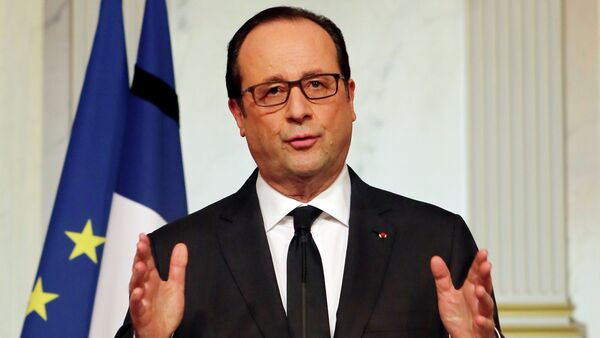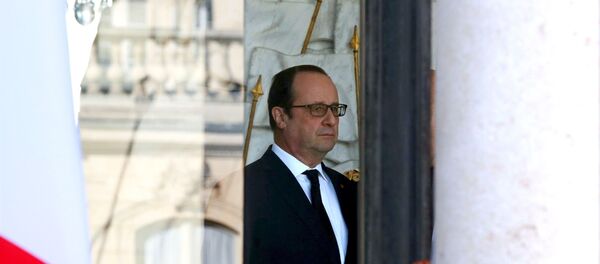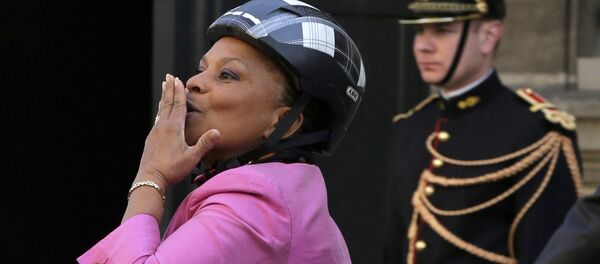Hollande was already under fire for failing to get to grips with the French economy which has seen slow growth and high unemployment — particularly among the young, which stands at 24 percent. In an attempt to boost productivity, Hollande and his Prime Minister Manuel Valls had been hoping for fundamental reforms to the highly codified French labor rules.
Chief among those was a cap on severance pay for workers dismissed by a company. The current uncertain cost of laying-off workers mean that companies are risk-averse to doing so, leaving them less flexible and — in some cases — less productive. The government has now relented on that point, making the proposed cap non-binding.
The labor reforms were largely directed at making companies take on more workers on permanent contracts, rather than temporary ones, to bring down the unemployment rate from ten percent. The proposals would give employers more scope to lay off workers and cut costs and allow some employees to work far longer than the current 35-hour week.
Plusieurs milliers de manifestants au Mans protestent contre la loi travail #ElKhomri pic.twitter.com/cbBnMIlhjG
— France Bleu Maine (@bleumaine) March 9, 2016
The proposals caused outrage, leading to tens of thousands pouring out onto the streets last week — particularly students and young people as well as many from Hollande's own Socialist Party. Thousands marched in Paris chanting ]: "El Khomri, you're beat, the youth are in the street," in reference to labor Minister Myriam el Khomri. Students barricades dozens of schools around the country.
Economic Woe
Hollande's central problem has been his lack of authority in dealing with the country's fiscal policies. He promised — in the run-up to the 2012 presidential election — to balance the books. In this he has failed by not implementing reforms.
Unemployment is nearing 4 million, there is considerable industrial unrest — not least within Air France which has been losing money hand-over-fist for years. A pilots' strike added to the airline's woes and the company then announced 2,900 job losses.
Hollande is struggling to maintain any sense of leadership with 79 percent of the French saying they are dissatisfied with his performance as president, in a recent poll. He enjoyed a surge in popularity following the Charlie Hebdo and November 13 attacks, but this reflected more on his role as president of a country gripped by terror than his personal rating.
His counterterrorism measures — which included extending the state of emergency, allowing for considerable extra police and surveillance powers — proved too much for many, who saw this as an intrusion into French liberties. His justice minister Christiane Taubira resigned over the issue.
Hollande's latest climbdown in the face of opposition to his labor reforms will do nothing to get his economic credentials up, nor his political ones as he ponders the wisdom of standing again at next year's presidential elections.




